Do you give candy as a reward in speech therapy? I used to. Since then, I’ve learned to think outside of the box a bit. While kids might love candy, parents (myself included) aren’t always a fan. I don’t like the idea of providing something unhealthy as a reward. Some even say this can set up a lifetime of bad habits for the kiddos. On top of that, we also know candy isn’t good for their teeth. Although I’m not speaking from personal experience, I would imagine that convincing a young child to get a cavity drilled is not a good time. Over the years, I’ve come up with some ideas to give rewards that are NOT food-based. Here is a quick list of ten non-food items that you can offer as rewards for children participating in your speech-language therapy sessions.
1. Music.
Play one of their favorite songs, or just a part of the song. Or, if you don’t have a copy readily available, offer to sing it with them – maybe a fun and catchy song, like “The Wheels on the Bus”? That way, every time the child completes a task, you can add on another verse, from the tires all the way to the steering wheel! Have older students? Ask them who their favorite artist is and let them listen a song by them at the end of the session.
2. Videos Clips.
You can watch a quick video clip together on YouTube, or you may choose to make a video of your own. Do wacky things together, like making silly faces or dancing around. You’ll both get a kick out of watching the play back!
3. Puzzle Pieces.
Offer one puzzle piece for each accomplishment. Imagine how that child will feel when he or she can complete the whole puzzle! You may want to consider giving the child pieces that interlock so that they can put the puzzle together as they go.
4. Sticker Charts.
You can’t go wrong with stickers. Keep a sticker chart marked with each goal the child is expected to meet. S/he will light up when s/he sees the chart filling up with more stickers by the day! Bonus points for scratch-and-sniffs!
5. Games.
Any game can really fill this requirement, let the child pick his or her favorite. You could even play a turn for each accomplishment, which is a great way to work in a lot of targets!
6. Points.
The points system is as much of a classic as is the sticker system. For each accomplishment, the child can accumulate a set number of points. These can either add up to a more significant prize at the end, or you can just treat the points as rewards themselves.
7. Praise/Compliments.
This probably goes without saying, but telling the child “you did a great job today!,” and then explaining what they did correctly, can go a long way in boosting self-esteem and nurturing positive results in the future.
8. Change of Location.
Remember how excited you got when, for whatever reason, class had to be held outside? Offer the same change of venue as a reward for a job well done. Never has a breeze across the face felt so sweet!
9. Build a Tower.
Start off with a pile of blocks (or legos) and let your student add one on after each trial. This is a great way to get in a lot of targets, while making it fun. They’ll get more and more excited about doing their “speech tasks” as they see the tower grow!
10. Bookmarks.
Design and personalize bookmarks on the computer that you can then print and give to the child. You might also want to consider adding line art for him or her to color in, in addition to the child’s speech strategies.
These are some basic ideas that are sure to please! What non-food rewards do you use in your speech room?
✕
Get the latest posts, podcasts, and freebies!
Never miss another great freebie, post, or deal. Sign up for email updates today!
Success! Now check your email to confirm your subscription.

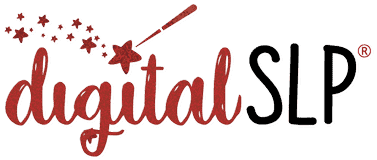
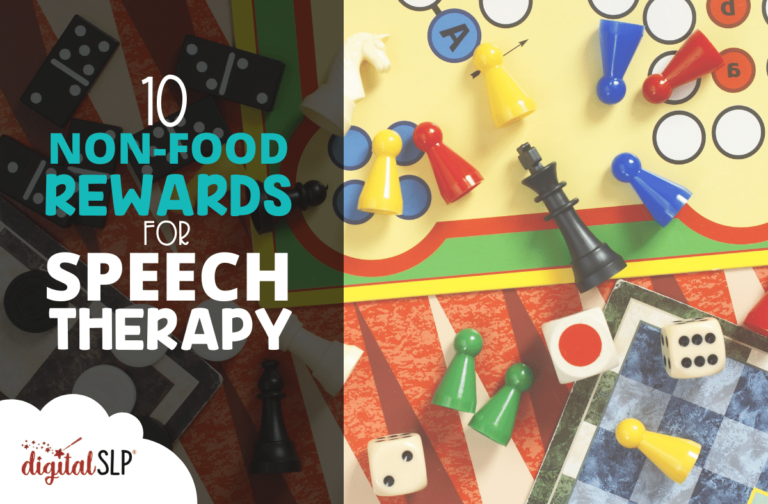
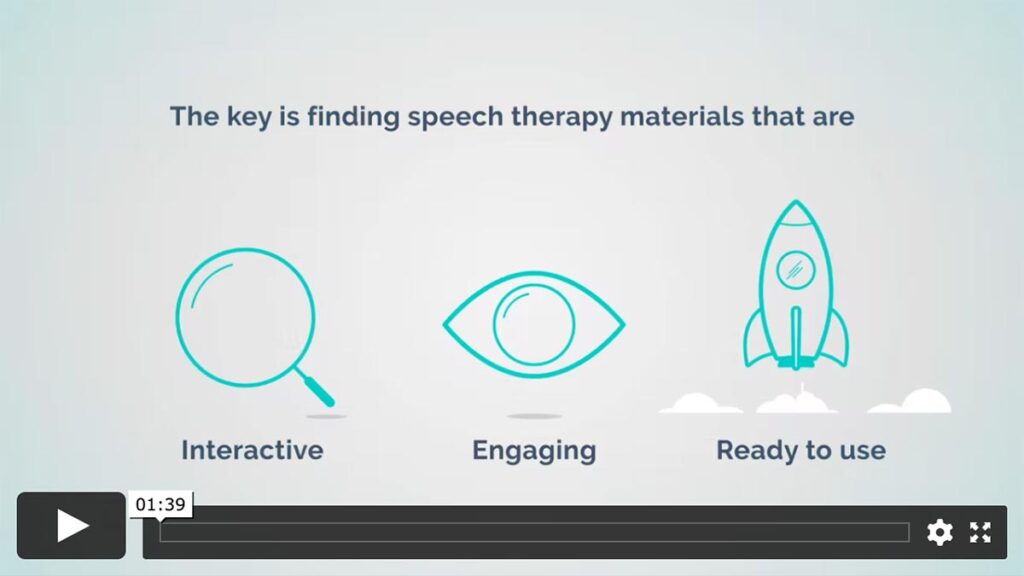



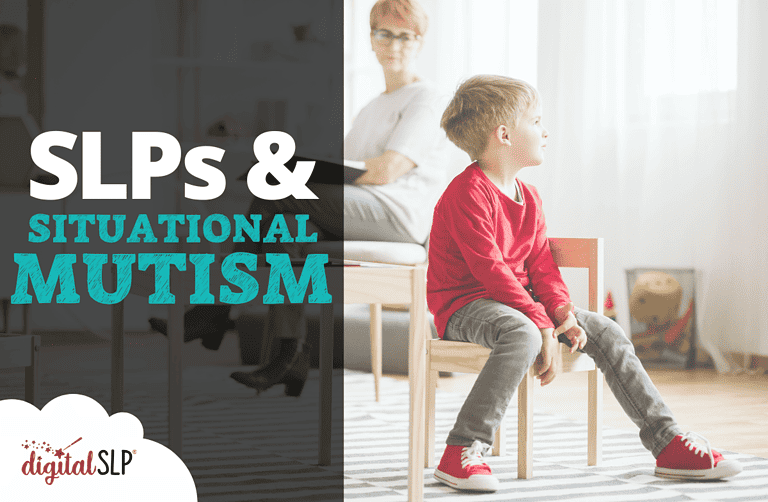
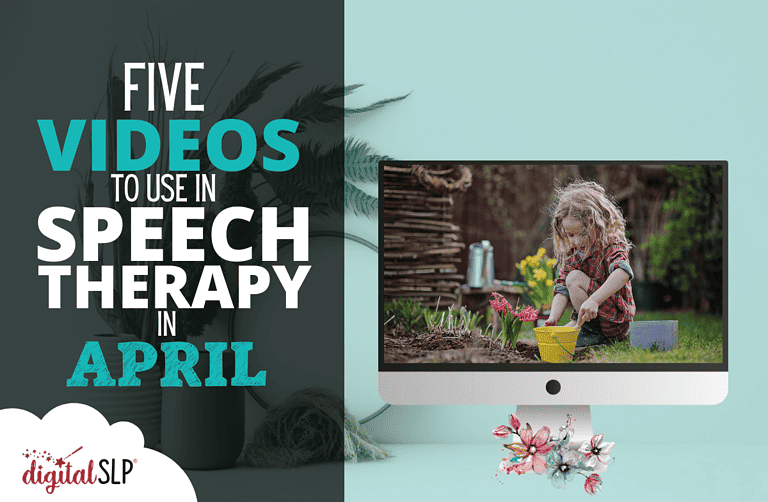
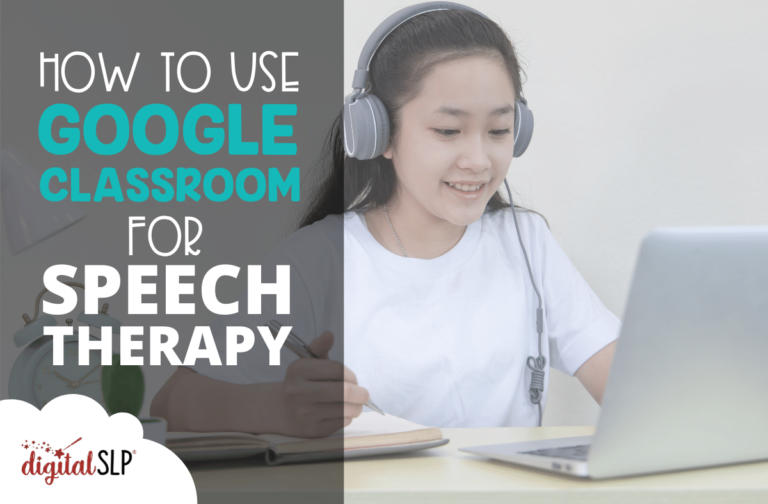
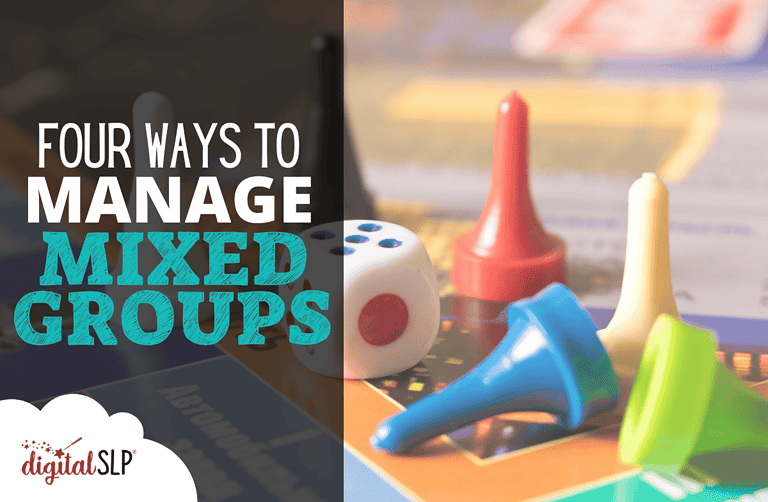



Recent Comments